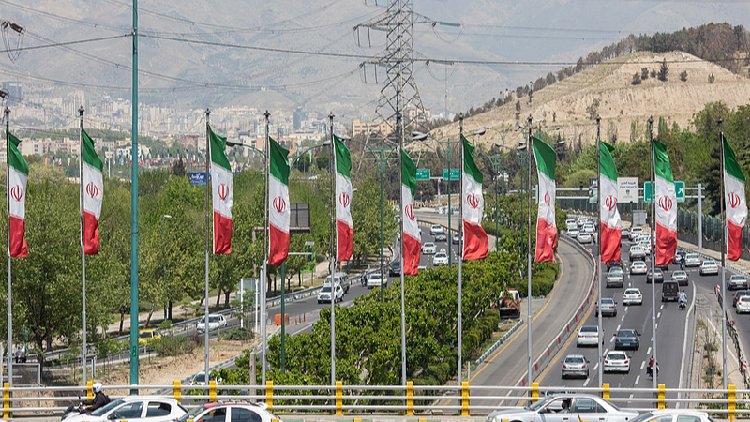Deputy FM Says Iran is Serious in U.S. Talks, No Delays Sought
On Sunday, Iran's Deputy Foreign Minister Kazem Gharibabadi emphasized the country's commitment to its indirect negotiations with the United States, expressing a desire for no delays in the diplomatic process.

His comments were made during a meeting with members of the parliament's National Security and Foreign Policy Committee in Tehran, as reported by the official news agency IRNA through committee spokesperson Ebrahim Rezaei.
Gharibabadi noted that during the second round of indirect talks, held in Rome on April 19, Tehran and Washington discussed and reached agreements on "the overall framework, agenda, and technical talks."
Rezaei added that the deputy foreign minister reiterated the importance of ensuring "all sanctions should be lifted in a way that benefits the Iranian people economically" and made clear that Tehran would not negotiate on its uranium enrichment rights, which he labeled as "among the red lines."
The discussions in Rome, along with a previous meeting in Muscat, Oman on April 12, focused primarily on Iran's nuclear program and the removal of U.S. sanctions. Both sides described the talks as "constructive," following U.S. President Donald Trump's threats to bomb Iran unless the country accepted his offer for negotiations, outlined in a letter sent to Iranian leadership in early March.
In July 2015, Iran signed a nuclear agreement, formally known as the Joint Comprehensive Plan of Action, with six major nations: Britain, China, France, Germany, Russia, and the United States, which involved accepting certain restrictions on its nuclear program in exchange for sanctions relief.
However, following the U.S. withdrawal from the agreement in May 2018 and the reinstatement of sanctions, Iran began to reduce some of its nuclear commitments. Efforts to revive the nuclear deal have not yet yielded substantial progress.
Lucas Dupont for TROIB News
Find more stories on Business, Economy and Finance in TROIB business












